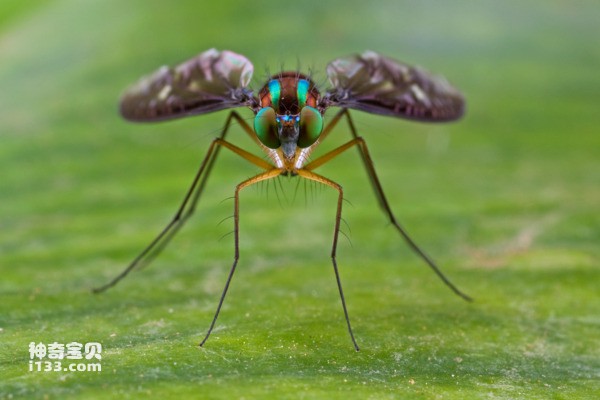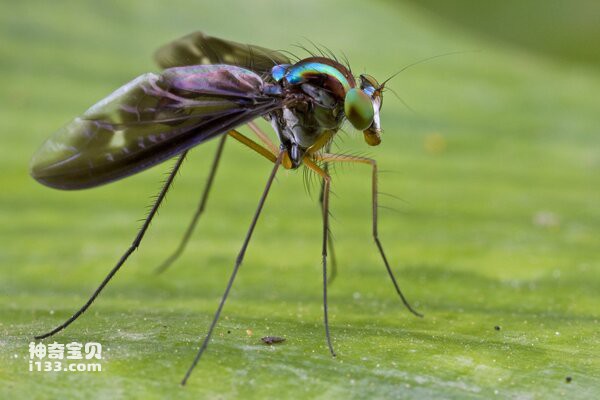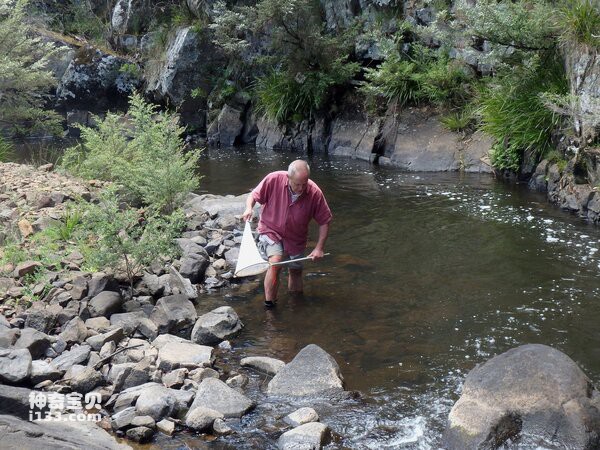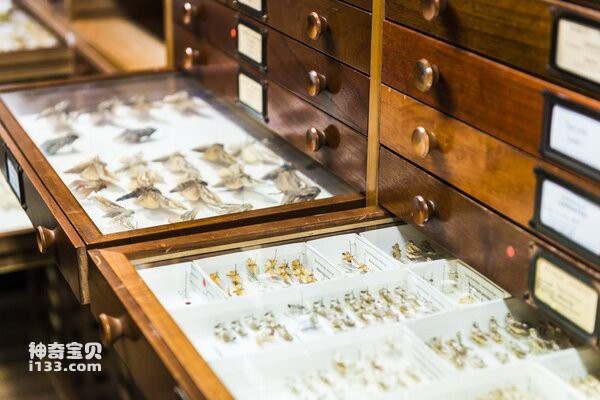Whether the Bitcoin cryptocurrency rises or falls in value, its legacy will now live on forever in the form of a newly described Bitcoin fly called Chrysosoma from Papua New Guinea.

This previously unknown fly, which hails from the rainforest-covered mountains of Papua New Guinea, is a member of the family Mystidae (long-legged flies), a family of 13 species, all of which have beautiful brown wing patterns and long hairs (setae) ). front legs. AM entomologist Dr Dan Bickel cataloged Chrysoosma bitumen and related species from extensive collections at Australian museums and other institutions.
The first named species of this group was collected by the famous naturalist Alfred Russel Wallace in 1857 on the Aru Islands near Papua, Indonesia.

So how did such a fly get a name like Bitcoin? The fly was named by venture capitalist Mark Carnegie and cryptocurrency entrepreneur Sergei Serginko. They won the naming rights as the highest bidder at the 2021 Australian Museum Foundation Dinner Auction. The name is apt – Carnegie and Sergiyenko used Bitcoin for payments for the first time in AM history.
Dr Bickel said there was no doubt that historic natural science collections were an important resource for researchers.
"There are over 25,000 species of flies in Australia and AM holds over 150,000 specimens representing 14 countries in Oceania, including Australia and Papua New Guinea. Produced mainly in Papua New Guinea's highland provinces at altitudes between 1500m and 2400m, it has an attractive The eye-catching color band is certainly a fascinating species," said Dr. Bickel.

Flies are one of the most common and diverse groups of animals on Earth. Although we often find them annoying, they serve many important roles—they are the second most important pollinator group after native bees and many crop bees.
Dr. Dan Bickel
"Overall, flies are one of the most common and diverse groups of animals on the planet. Although we often find them annoying, they serve many important roles - they are second to native honey bees and many crop bees. ’s second most important pollinator group,” he said.
"However, insects are under great threat due to deforestation, climate change and pesticide use. There are still millions of species out there, especially in tropical regions that we have yet to discover and describe," Dr. Bickel added.
Carnegie and Sergeyenko believe that advances in digital technology offer cultural institutions an excellent opportunity to enhance collection protection, democratize knowledge and explore new fundraising initiatives.
"We have the power to reposition cultural institutions at the forefront of the digital revolution and are committed to ensuring Australia is not left behind in the ongoing disruption," Carnegie said.
“I acknowledge that Bitcoin mining has a negative impact on the environment and want to ensure that those who work with me on crypto projects are not explicitly purchasing multiple compensations. This is why we have purchased three through Australia, Melanesia and on-chain projects. multiple carbon credits to offset our Bitcoin donation,” Carnegie added. "I respect the Australian Museum as one of the world's leading cultural institutions, know they have placed a huge amount of trust in us, and hope that what we do invites commentary, not criticism."

Professor Christopher Helgen, chief scientist of the Australian Museum, said that it is conservatively estimated that there are more than 8 million species of life on earth, but only about 25% have been named.
"We share this planet with millions of species, although we rarely think about them. Yet they are vital to our own survival, and each species is part of the ecosystem that allows us to breathe clean air and drink clean water water and get the food we need,” Helgen said.
"Insects don't usually attract the attention of the financial world, but they are very valuable to us in their own right. Every species has value - we might think of species as nature's currency," he added.
animal tags: housefly
We created this article in conjunction with AI technology, then made sure it was fact-checked and edited by a Animals Top editor.